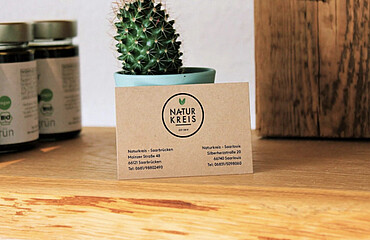Abstract
Naturkreis is a German retail store selling alternative natural products, in particular Cannabinol (CBD). CBD remains highly stigmatized in Germany. Many consumers fail to see the potential health benefits of CBD as they continue viewing the substance as an illicit drug. Additionally, public forces in both Europe and German have created great uncertainty through the continuous debate about classifying classic hemp flower-derived CBD as a narcotic. Consequently, private forces such as payment providers and online advertisement platforms have denied CBD sellers from using their services. The combination of these external forces significantly complicates Naturkreis’s ability to not only reach consumers but also to provide them with adequate services. Despite the uncertainty shrouding the CBD market, however, the new market is growing strongly and rapidly. With all these exterior threats and opportunities, how can Naturkreis continue growing and maintain a competitive advantage in this cutthroat, uncertain market?
Citation Note
Based on field research; 13 pages. Follow the 'handle' link to access the Case Study on RePub. For EUR staff members: the Teaching Note is available on request, you can contact us at rsm.nl/cdc/contact/ For external users: follow the link to purchase the Case Study and the Teaching Note.
Objective
1. Identify strategic challenges for a start-up in a nascent hypercompetitive market hindered by uncertainty. 2. Evaluate and address the challenges regarding the lack of clarity in regulations. 3. Determine whether and when a start-up should pursue a diversification strategy to create a competitive advantage. 4. Determine the best strategy for a start-up with limited resources to develop customer service and maintain customer satisfaction.
